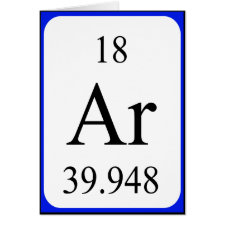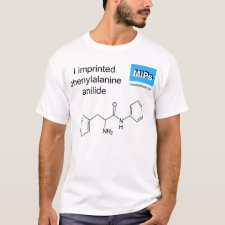
Authors: Kolarov F, Niedergall K, Bach M, Tovar GEM, Gauglitz G
Article Title: Optical sensors with molecularly imprinted nanospheres: a promising approach for robust and label-free detection of small molecules.
Publication date: 2012
Journal: Analytical and Bioanalytical Chemistry
Volume: 402
Issue: (10)
Page numbers: 3245-3252.
DOI: 10.1007/s00216-011-5592-0
Abstract: Molecularly imprinted nanospheres obtained by miniemulsion polymerization have been applied as the sensitive layer for label-free direct optical sensing of small molecules. Using these particles as the sensitive layer allowed for improving response times in comparison to sensors using MIP layers. As a model compound, well-characterized nanospheres imprinted against l-Boc-phenylalanine anilide ( l-BFA) were chosen. For immobilization, a simple concept based on electrostatic adsorption was used, showing its applicability to different types of surfaces, leading to a good surface coverage. The sensor showed short response times, good selectivity, and high reversibility with a limit of detection down to 60 μM and a limit of quantitation of 94 μM. Furthermore, reproducibility, selectivity, and long-term stability of the sensitive layers were tested. The best results were achieved with an adsorption on aminopropylsilane layers, showing a chip-to-chip reproducibility of 22%. Furthermore, the sensors showed no loss in signal after a storage time of 1 year
Template and target information: l-Boc-phenylalanine anilide, l-BFA
Author keywords: molecularly imprinted polymer, RIfS, Label free, optical sensors, Miniemulsion polymerization, l-BFA



Join the Society for Molecular Imprinting

New items RSS feed
Sign-up for e-mail updates:
Choose between receiving an occasional newsletter or more frequent e-mail alerts.
Click here to go to the sign-up page.
Is your name elemental or peptidic? Enter your name and find out by clicking either of the buttons below!
Other products you may like:
 MIPdatabase
MIPdatabase









